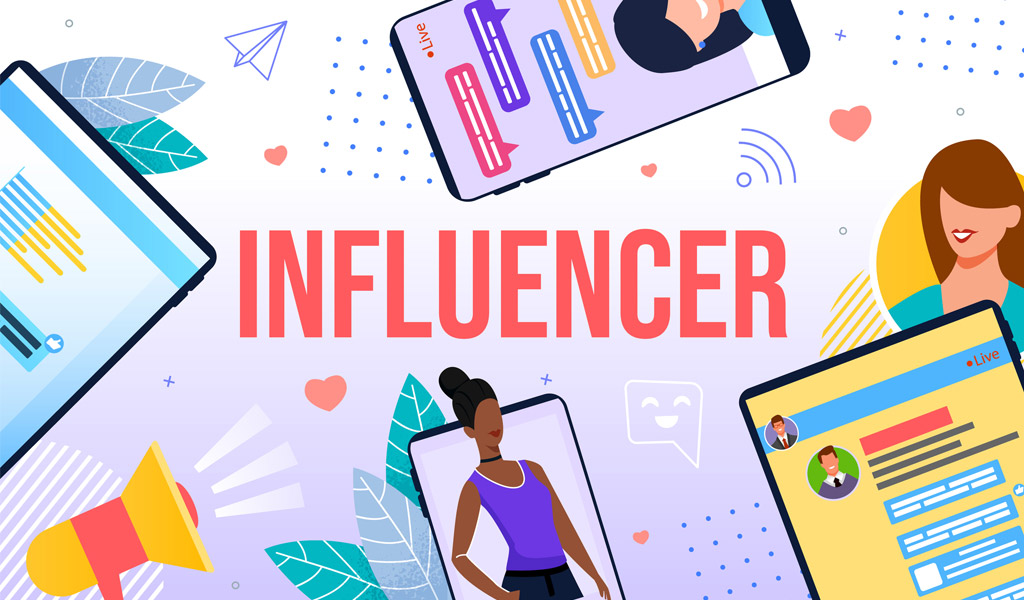The proliferation of social media platforms has ushered in a new era, markedly shaping societal norms.
The term “influencer” denotes an individual who has cultivated a substantial following on social media platforms, thereby possessing the capacity to sway the opinions, behaviors, and purchasing decisions of their audience. This influence is typically accrued through the consistent creation and dissemination of content that is deemed engaging, informative, or entertaining by their target demographic. The nature of this content varies widely, encompassing diverse formats such as photographs, videos, blog posts, and live streams. Furthermore, the subject matter of influencer content can span an extensive spectrum, ranging from lifestyle and fashion to technology and finance. Crucially, the effectiveness of an influencer hinges upon their perceived authenticity, expertise, and relatability within their respective niche. The rise of influencer culture has been propelled by several factors, including the pervasive adoption of social media, the increasing skepticism towards traditional advertising, and the desire for genuine, peer-to-peer recommendations. This has consequently led to a re-evaluation of how information is disseminated and consumed, with influencers becoming an increasingly prominent force in modern communication and marketing landscapes. The phenomenon is characterized by a dynamic interplay between content creators and their audiences, fostering a sense of community and direct engagement that traditional media often lacks.
Potential Benefits of Pursuing an Influencer Career
A career as an influencer presents several advantages, particularly in the realm of personal growth.
Engaging in influencer activities fosters the development of a diverse array of valuable skills. Content creation necessitates proficiency in various domains, including but not limited to writing, photography, videography, and graphic design. Furthermore, influencers must cultivate expertise in digital marketing strategies, encompassing social media management, audience engagement, and data analytics. The process of building and maintaining an online presence demands adeptness in communication, public relations, and networking. Moreover, the entrepreneurial nature of influencer work provides practical experience in business management, including financial planning, contract negotiation, and brand development. This experience transcends traditional classroom learning, offering a hands-on approach to understanding the dynamics of a modern digital marketplace. The successful navigation of the influencer landscape requires individuals to be self-motivated, adaptable, and resourceful, cultivating a strong work ethic and an ability to manage their own time and resources effectively. The necessity to constantly innovate and stay abreast of evolving trends also encourages continuous learning and professional development. The inherent challenge of building a brand and cultivating a loyal following can foster resilience and problem-solving abilities, essential for success in any career path. These skills are not confined to the digital realm, and are transferable to a variety of other professional pursuits.
Potential Drawbacks and Considerations
While the prospect of an influencer career may seem alluring, it is essential to acknowledge the potential drawbacks and challenges associated with this path. The pursuit of online influence often entails a significant degree of uncertainty and instability. The digital landscape is highly competitive, and success is not guaranteed. The constant pressure to maintain relevance and engagement can lead to burnout and mental health issues. Furthermore, the public nature of influencer work exposes individuals to scrutiny and criticism, which can be detrimental to self-esteem and well-being. The lack of traditional workplace structures and benefits, such as consistent income and health insurance, presents financial risks and requires careful planning. Moreover, the line between personal and professional life can become blurred, leading to difficulties in maintaining a healthy work-life balance. The emphasis on appearance and popularity can contribute to superficiality and a distorted sense of self-worth. Additionally, the potential for exploitation by brands and the ethical dilemmas surrounding sponsored content necessitate a strong sense of integrity and critical thinking. The addictive nature of social media and the constant pursuit of validation can also negatively impact mental health and contribute to social isolation. Therefore, a thorough understanding of these potential downsides is crucial before embarking on an influencer career path.



